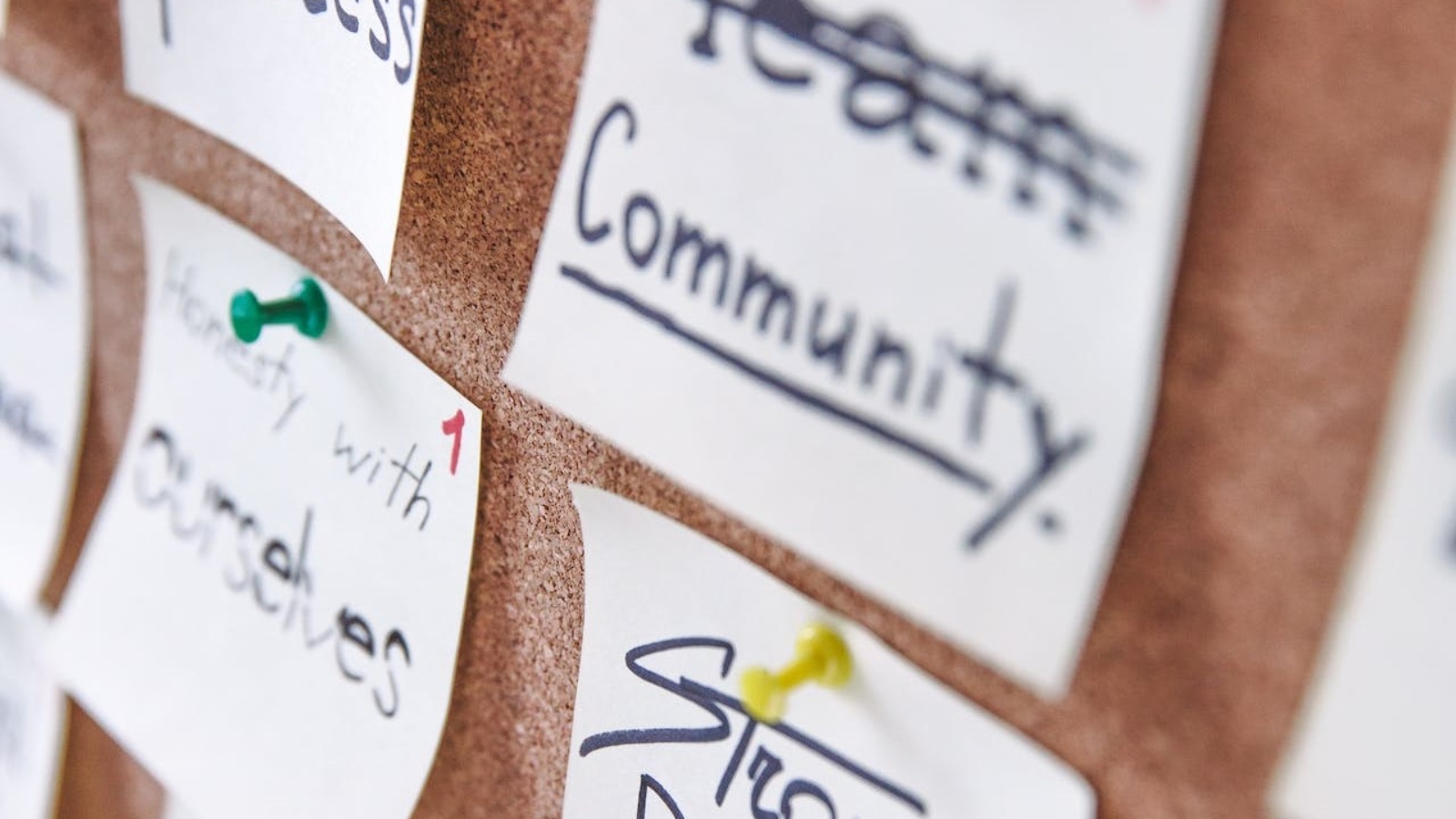The University of Manchester has a history of advancing technology through its R&D activity; the discoveries of its academics have shaped the world today, from the development of the first stored-program computer to isolation of graphene to the establishment of modern economic theory. It also has world leading academics in the creative and social science disciplines studying people and behaviours.
Combining expertise from across disciplines to understand and find new solutions to some of the world’s most pressing problems, the university is well-placed to explore applications of technology and its impacts and through its Business Engagement & Knowledge Exchange team it develops collaborations between researchers and ‘real-world’ practitioners to ensure academic endeavour has real and meaningful impact on the world.
As innovation changes the way legal services are delivered, there is a significant knowledge gap in the sector and cultural shift required; here academic input can add great value. The University of Manchester has led the way through the establishment of the Manchester Law & Technology Initiative (MLaTI), a first-of-its-kind model for effective engagement in this sector. This industry-academia consortium brings together legal services firms with academics across the disciplines of Law, Business and Computer Science, to develop research and teaching focused on innovation and the application of new technologies within legal services.
Formally combining the expertise of leading law firms with academic expertise of multiple disciplines inside a globally renowned university, MLaTI has a dedicated aim to publish research and create curriculum content that is focused purely on the successful use of technology in the legal sector. The model seeks to address the needs of business partners while delivering academically interesting insight. It provides a trusted space in which participating firms and University experts can examine some of the more challenging questions that are arising for the legal sector as a consequence of the emergence of new technologies.
MLaTI provides a platform for:
- Exploring future skills requirements and the law curriculum.
- Learning from other sectors including organisational culture, strategy, and business models.
- Developing, evaluating and integrating technologies to deliver end to end innovation.
- A collective voice to inform public policy on innovation in legal technologies.
Collaboration between law firms and academic institutions has been notoriously difficult in the past; but MLaTI is setting a new standard and has received endorsement from government ministers, The Law Society and Ministry of Justice LegalTech Delivery Panel. A MoJ spokesman formally launched the Initiative in 2018 and the MoJ LegalTech Delivery Panel Chair Christina Blacklaws has undertaken a fellowship with the University to support and promote the work of the Initiative (and while with the university hosted the MLaTI podcast series).
The initiative has enriched student experience, exposing students to real-world applications through the industry partners and positioning graduates as catalysts for innovation upon entering the workforce. But the activity has gone beyond MLaTI directly, the university has run a number of hackathons, some just for students, and also delivering competitions open to any participants as part of the Global Legal Hackathon, which Manchester has now hosted on three occasions.
MLaTI has also sown the seeds for a thriving LegalTech ecosystem across Greater Manchester (GM). The University Business Engagement Lead for LegalTech has worked with a number of other key figures from the city region to deliver meetup events for a number of years bringing together industry leaders and the ‘LegalTech-curious’ together for panel discussions, lightning talks, and learning sessions.
This growing community demonstrated there was sufficient appetite for a large full-day conference which has become an annual event hosted by MLaTI since the inaugural event in 2022 (the 2024 conference is July 4th). The conference serves as a melting pot for thought leaders, practitioners, and enthusiasts, with a largely business audience it also attracts international academics and a small number of students.
MLaTI’s collaborative efforts have now extended beyond its immediate stakeholders and the GM region, fostering strategic alliances with other regional LegalTech Hubs as part of the LawTech National Network. This group works together to support and promote the sector around the UK, specifically in the clusters that have developed outside of London and the SE. MLaTI has more recently partnered with LawTech UK delivering jointly convened panels that serve as vibrant forums for discussion, offering invaluable insights into the ever-evolving LegalTech landscape and setting the trajectory for the future of LegalTech.
The University of Manchester remains steadfast in its dedication to bridging academia and industry, which is positioning Greater Manchester as a hub for LegalTech innovation—a testament to the transformative potential of cohesive academic-industry ecosystems.
Rachel Kenyon
Business Engagement Manager
The University of Manchester Business Engagement & Knowledge Exchange



